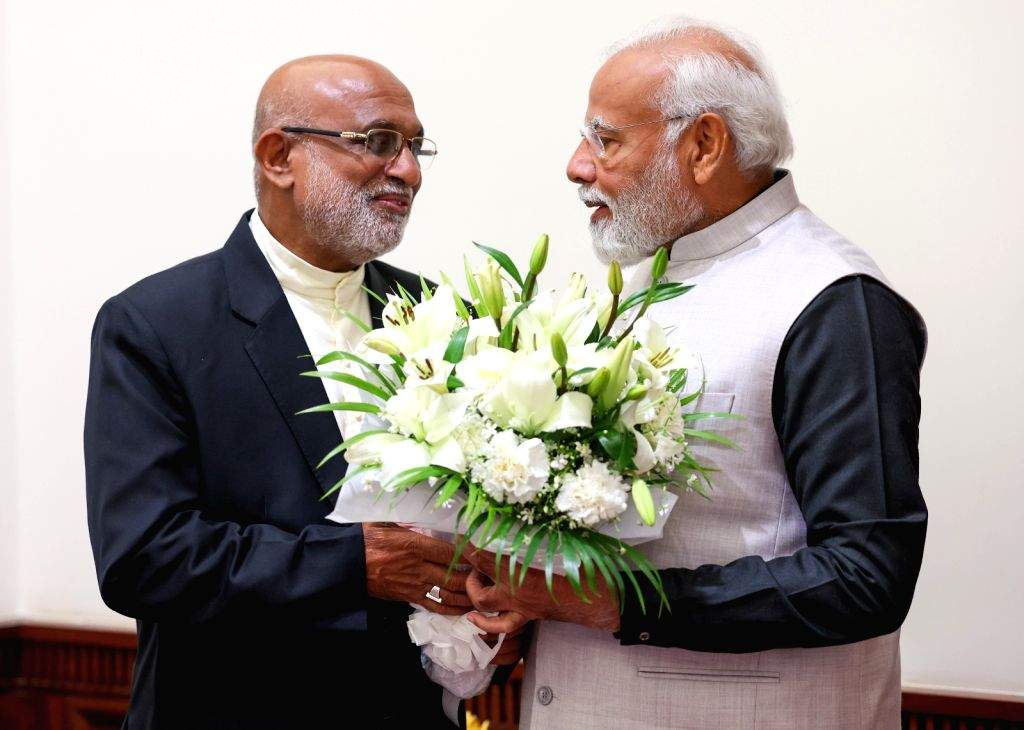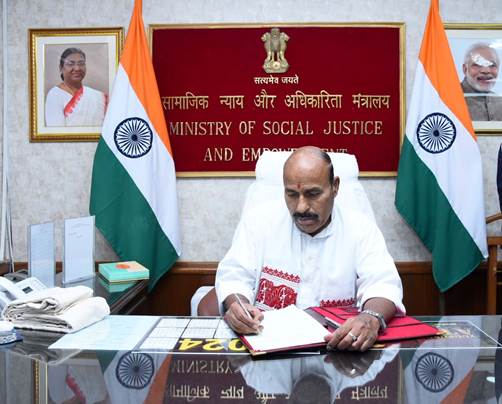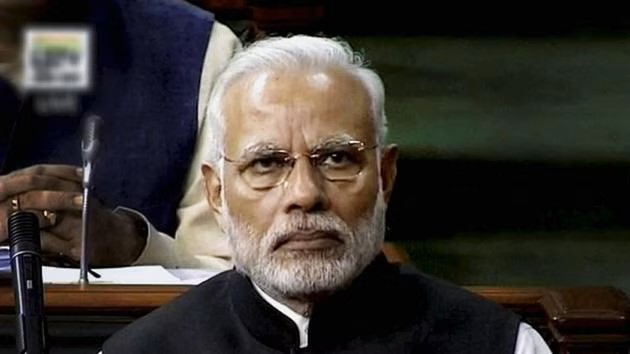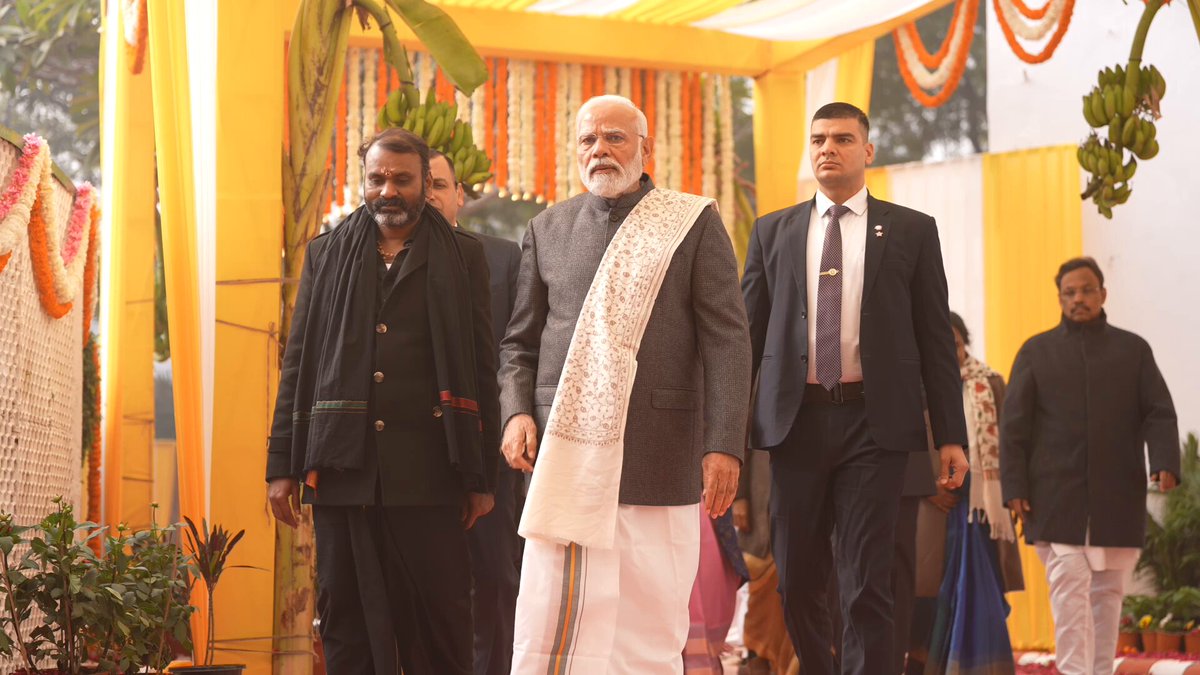The recent meeting on February 9th, 2024, between Prime Minister Narendra Modi and Major Archbishop Raphael Thattil of the Syro-Malabar Church has reverberated within both the religious community and the wider political landscape of India. While the specific details of their discussion remain private, analyzing the broader context and potential areas of collaboration can illuminate the significance of this encounter.
 This meeting serves as a bridge between the Syro-Malabar Church, a significant religious minority, and the head of the Indian government. This direct line of communication opens doors for understanding and potentially addressing key concerns of the community. Issues like educational rights, religious freedom, and social welfare initiatives might come under the purview of such discussions, fostering a sense of inclusion and recognition within the broader Indian society.
This meeting serves as a bridge between the Syro-Malabar Church, a significant religious minority, and the head of the Indian government. This direct line of communication opens doors for understanding and potentially addressing key concerns of the community. Issues like educational rights, religious freedom, and social welfare initiatives might come under the purview of such discussions, fostering a sense of inclusion and recognition within the broader Indian society.
Engaging with religious leaders like Archbishop Thattil fosters crucial interfaith dialogue, promoting social harmony in a nation as diverse as India. It presents an opportunity for the government to directly address community-specific concerns, mitigating potential social or political tensions. Additionally, building rapport with religious leaders can be instrumental in mobilizing support for government initiatives, particularly those focused on social welfare or peacebuilding efforts.
While the veil of confidentiality remains over the specifics of their discussion, this meeting signals a potential avenue for collaboration between the Syro-Malabar Church and the Indian government. The significance of this encounter hinges on future developments, such as official statements or follow-up meetings, which will shed light on the concrete outcomes and long-term implications.
This analysis highlights the broader significance of the meeting based on publicly available information. However, a deeper understanding can be gleaned by researching the specific concerns and priorities of the Syro-Malabar Church. By delving into their perspective, we can gain a more nuanced understanding of how this meeting might impact the community and its relationship with the Indian government.




